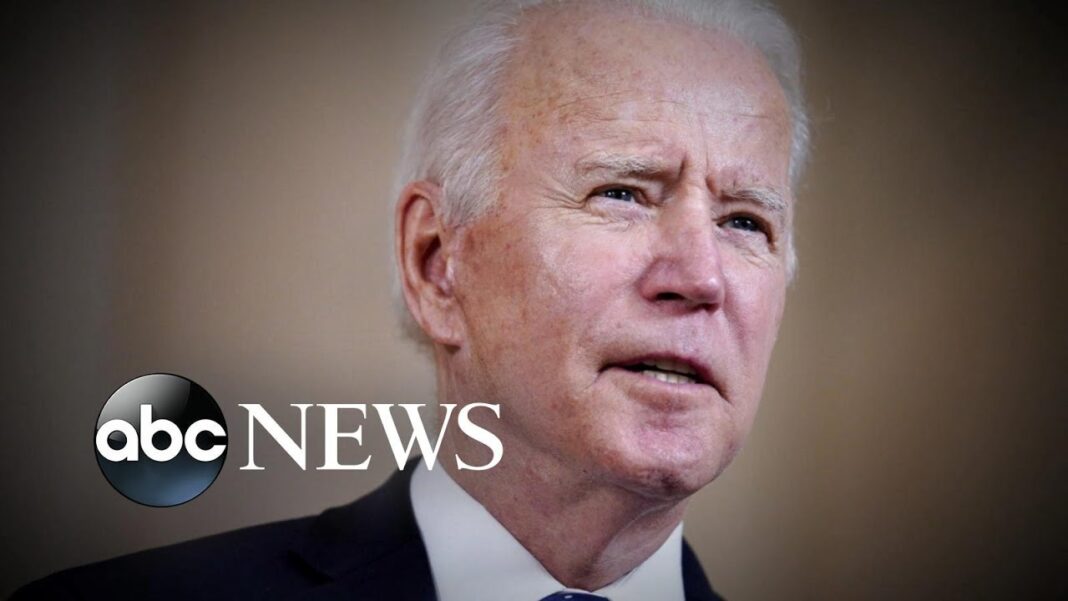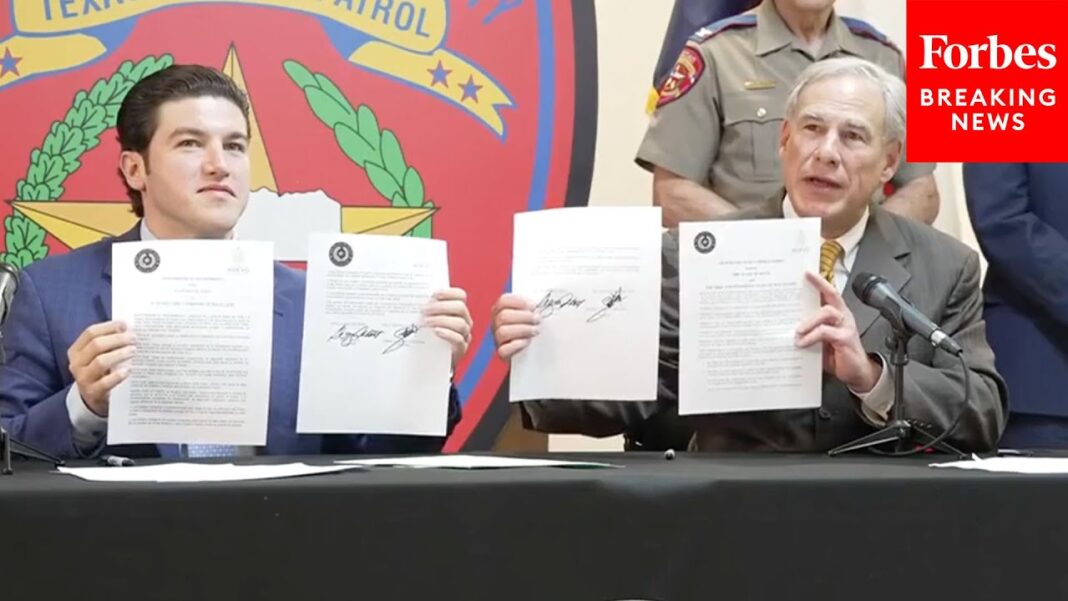
Attorney General Jeff Landry argues the metric hurts consumers and industry
Louisiana Attorney General Jeff Landry is vowing to ask the U.S. Supreme Court to prevent the Biden administration from recalculating and using the “social cost” of carbon emissions, a metric used in climate regulation that critics say needlessly drives up operating costs for businesses and prices for consumers.
Critics have long said that the classification of carbon dioxide, the gas humans expel from their lungs when breathing, as a pollutant makes no sense. Carbon dioxide is essential to life on the planet and is used in the process of photosynthesis, which spurs plant growth. But environmentalists claim that human-created carbon dioxide contributes to climate change.
The social cost of carbon, a measurement in dollars of the damages supposedly caused by releasing a metric ton of greenhouse gases, is used by policymakers to provide cost-benefit analyses and to write regulations. Placing a monetary value on the effect of the gases gives federal regulators ammunition to justify tougher environmental regulations.
On Inauguration Day, President Joe Biden signed an executive order that resurrected an interagency working group on the social cost of carbon and temporarily set the cost at $51 per metric ton, the level used before President Donald Trump took office in 2017. During his presidency, Trump had reduced the social cost figure to as low as $1 per metric ton. Biden’s working group was studying the social cost with a view to establishing a new, presumably higher rate.
In February, U.S. District Judge James D. Cain Jr. of the Western District of Louisiana, agreed with Louisiana and nine other states, issuing an order blocking the use of the interim metric. The states told Cain, who was appointed by Trump, that the metric was arbitrary and would boost the cost of producing energy and hike regulatory costs for states.
At the time, Max Sarinsky, an attorney at the Institute for Policy Integrity at NYU Law School, said Cain’s injunction might not survive.
“This injunction is extraordinarily broad,” Sarinsky told Axios. “I think it will receive very, very close scrutiny on appeal.”








